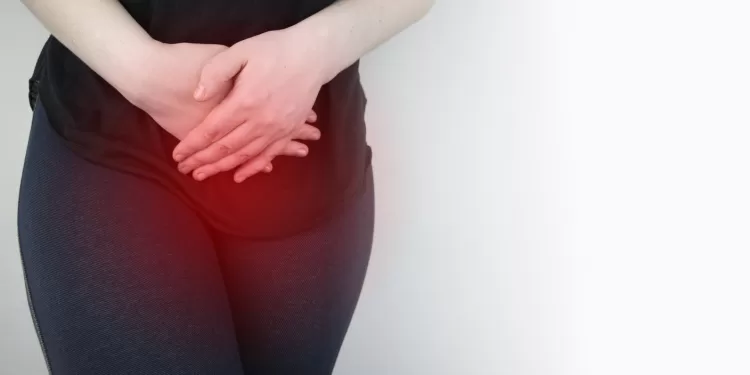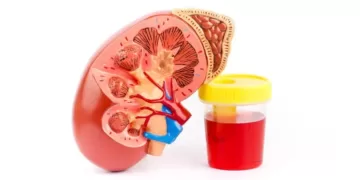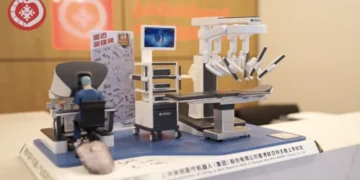A full bladder sensation is a feeling that many of us have experienced at one point or another. It’s that urgent, almost unbearable need to go to the bathroom, even though you may have just gone. While it may seem like a minor inconvenience, for some people, it can be a chronic and debilitating condition. In this article, we’ll explore the various causes of a full bladder sensation, as well as the diagnostic methods and treatment options available.
One of the most common causes of a full bladder sensation is a urinary tract infection (UTI). UTIs occur when bacteria, usually E. coli, enter the urinary tract and infect the bladder. UTIs are more common in women than in men, and they can cause a variety of symptoms, including a frequent urge to urinate, even if the bladder is not full. UTIs are often caused by poor hygiene, and they can be easily treated with antibiotics.
Another possible cause of a full bladder sensation is interstitial cystitis (IC). IC is a chronic condition that affects the bladder and causes symptoms such as pelvic pain, pressure, and urgency. The exact cause of IC is not known, but it is thought to be related to a problem with the lining of the bladder. IC is more common in women and it’s a condition that can be difficult to diagnose and treat.
Some other less common causes of a full bladder sensation are:
- Bladder or prostate cancer,
- Bladder or urethral stricture
- Multiple sclerosis
- Spinal cord injuries.
Medications such as diuretics and certain antidepressants can also cause the frequent feeling of needing to urinate.
Diagnosis:
Diagnosis of a full bladder sensation can be a difficult task, as it can be caused by a variety of conditions. A healthcare professional will likely perform a physical examination and ask about your symptoms and medical history. They may also order urine tests, such as a urine culture, to check for an infection or other underlying condition. Imaging tests such as CT scans or ultrasounds can be done in some cases to check the bladder or other urinary tract organs.
Treatment:
Treatment for a full bladder sensation will depend on the underlying cause. In most cases, antibiotics will be prescribed to treat a UTI. For other conditions such as interstitial cystitis, treatment will focus on symptom management, such as physical therapy or medications to reduce bladder inflammation. For bladder or prostate cancer, the treatment will be based on the stage of cancer and the patient’s overall health.
It’s important to note that certain segments of the population are at higher risk for a full bladder sensation. For example, women are more likely to develop UTIs and IC than men, and people with spinal cord injuries or multiple sclerosis are at higher risk for developing neurogenic bladder, which can cause a full bladder sensation.
In conclusion, a full bladder sensation is a feeling that many of us have experienced at one point or another. It can be caused by a variety of conditions, and it’s important to see a healthcare professional for proper diagnosis and treatment. With the right care, you can find relief from a full bladder sensation and get back to your daily activities.











